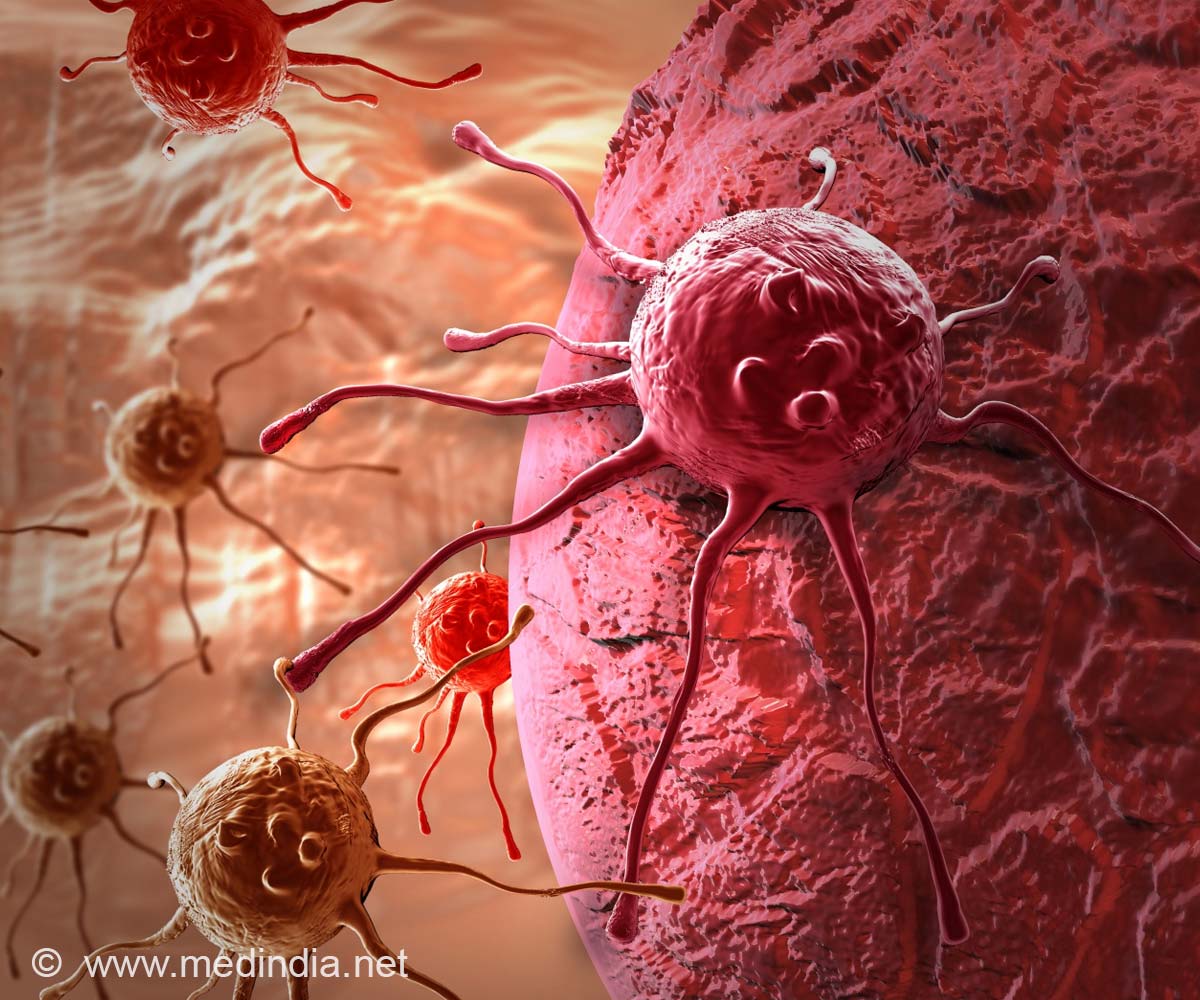
It will help oncologists in identifying patients who can safely forego chemotherapy.
"The test can help doctors reduce the use of unnecessary chemotherapy by identifying the risks and its need," Anand Gupta, founder of iLife Discoveries, said in a statement.
Not all cancers have the same physiology nor do all tumors follow the same path of development.
MammaPrint is a 70-gene assay intended as a prognostic test for women of all ages.
According to Ramesh Sarin, senior consultant (surgical oncology) at Indraprastha Apollo Hospitals, with an FDA approved 70 gene-Mammaprint test now available, "we can predict the behavior of tumor by looking at its genomic profiling and manage the patient accordingly".
Advertisement
By identifying the breast cancer subtype, BluePrint allows determination of a patient’s potential level of responsiveness to chemotherapy more accurately as compared to currently available technologies, with better correlation to long-term clinical treatment outcomes.
Advertisement
Through the gene test results, patients are stratified into two distinct groups - low risk (good prognosis) or high risk (poor prognosis) of distant recurrence.
Unlike other tests, the patient is given definitive "low risk" and "high risk" results, eliminating the uncertainty of an intermediate risk score which can affect up to 39 percent of patients tested, the statement added.
Source-Medindia















